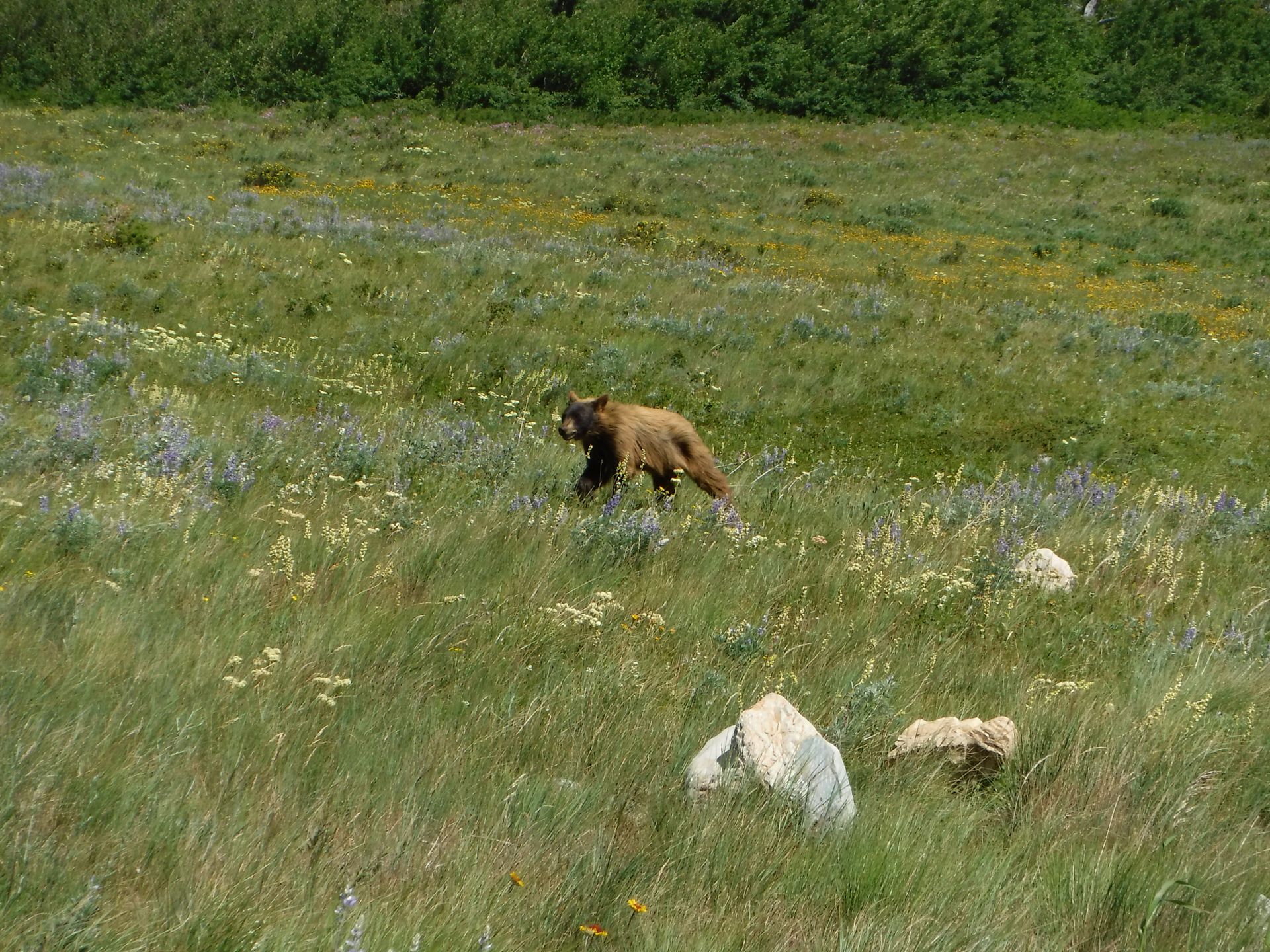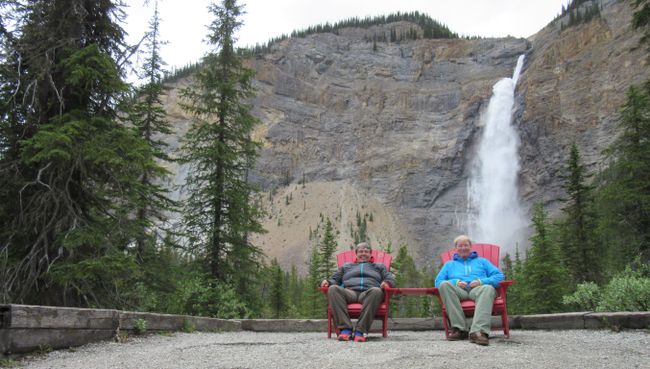Last days on land
ထုတ်ဝေခဲ့သည်။: 02.03.2018
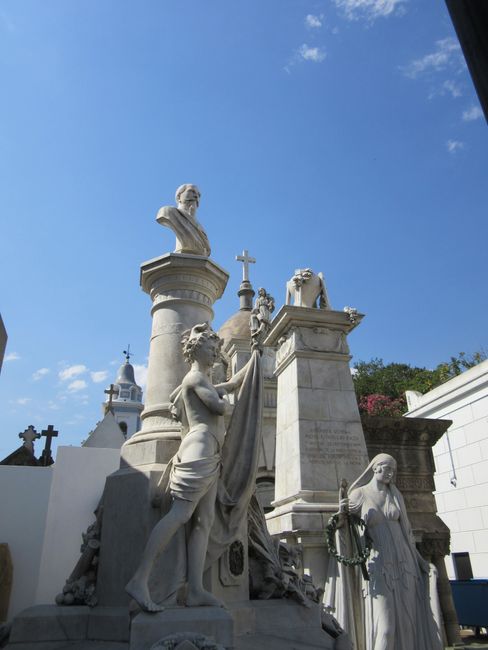
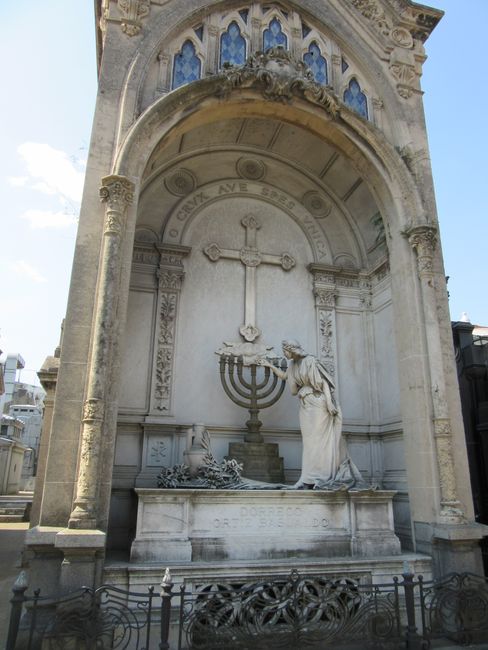
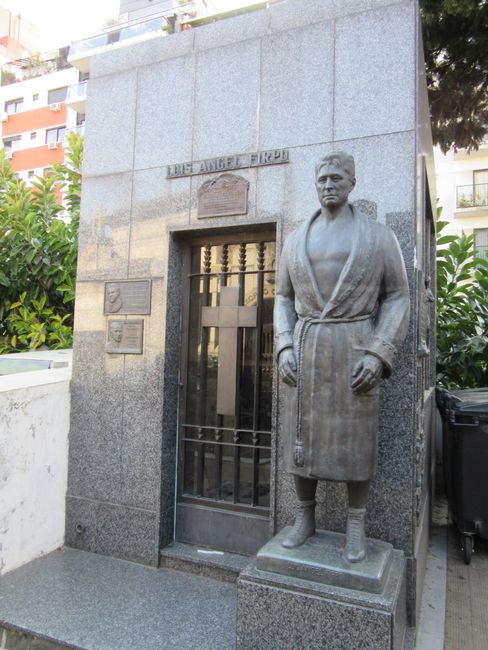
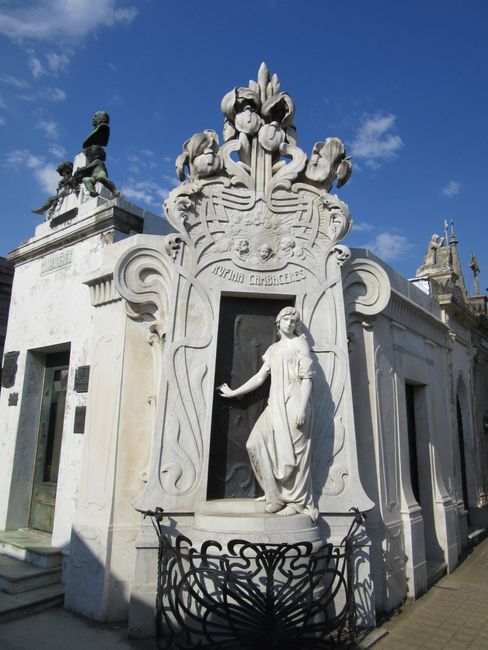
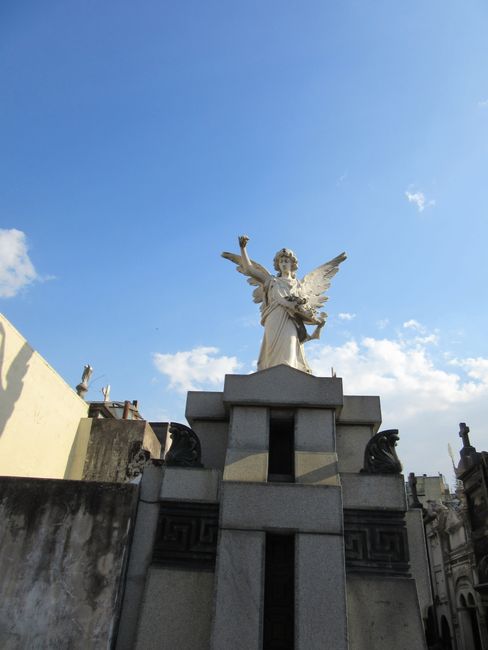
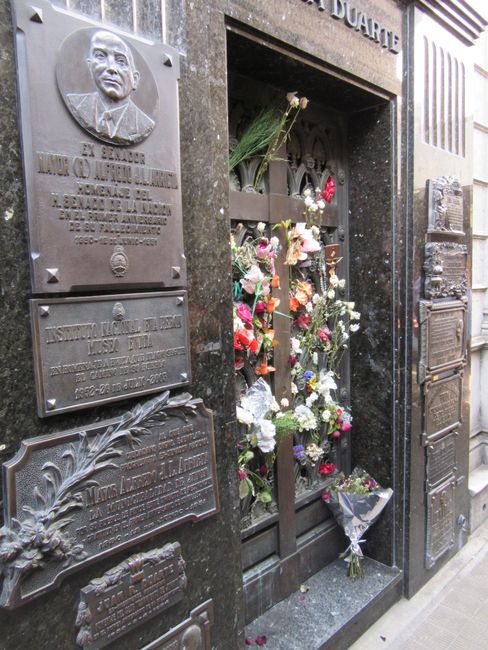
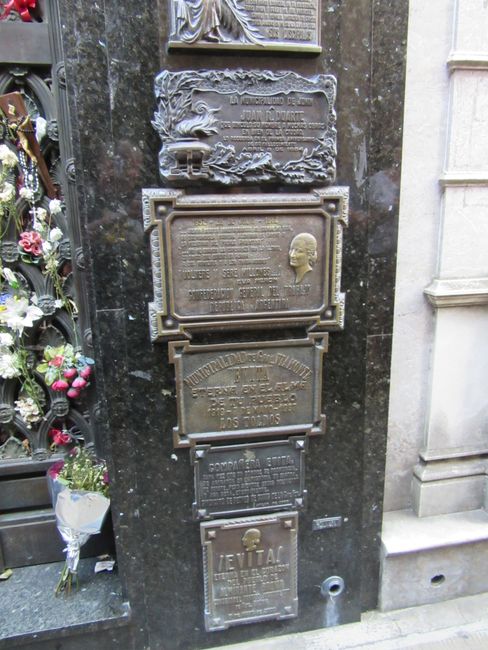
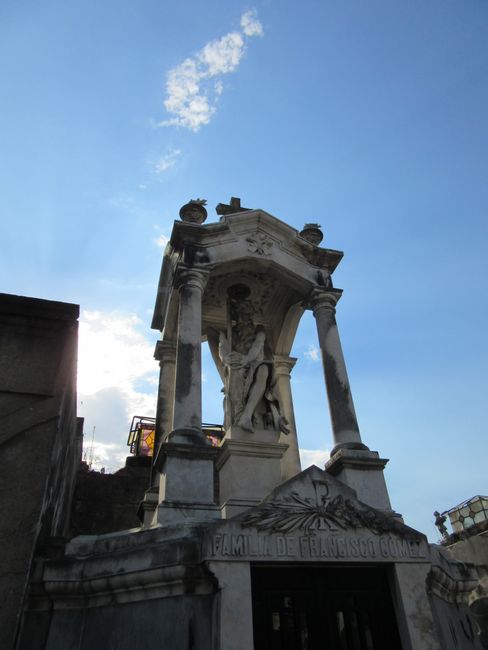
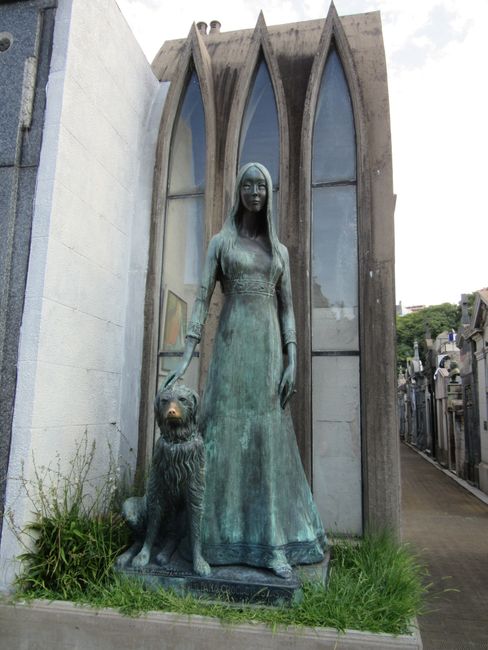
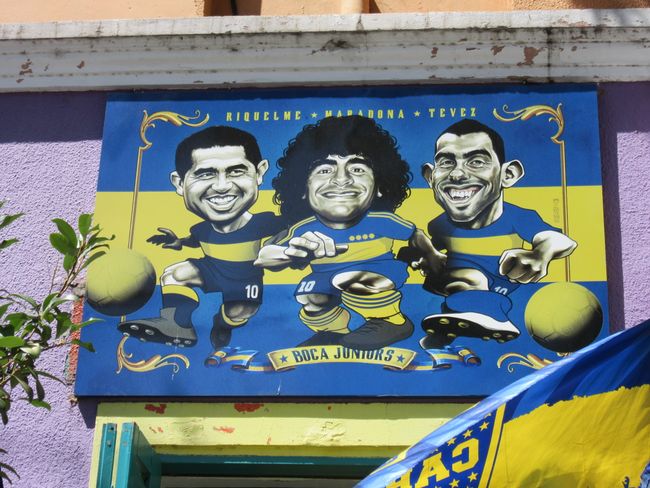
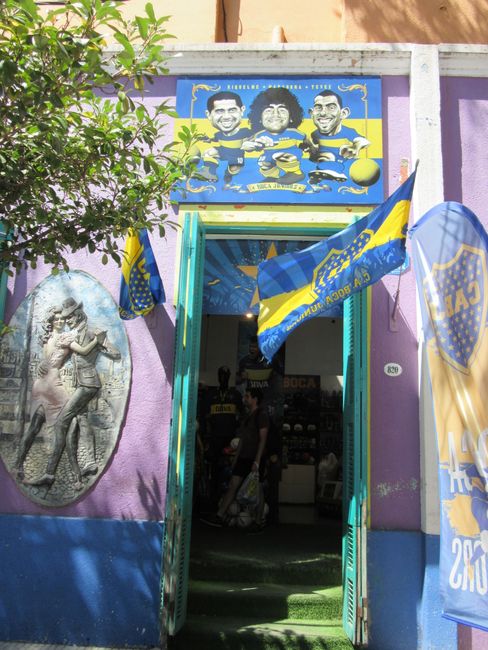
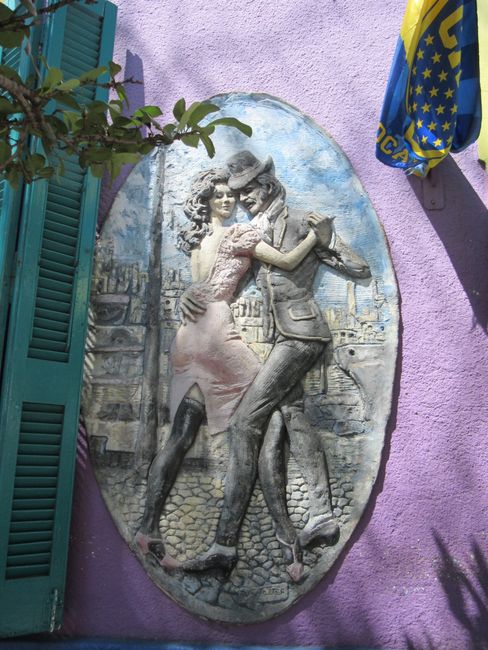
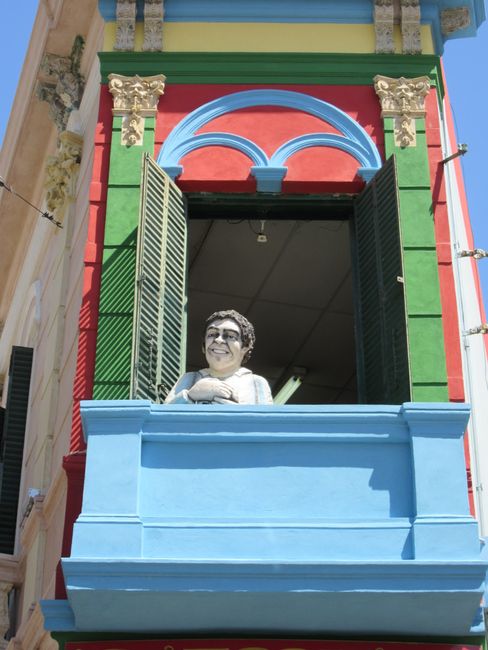
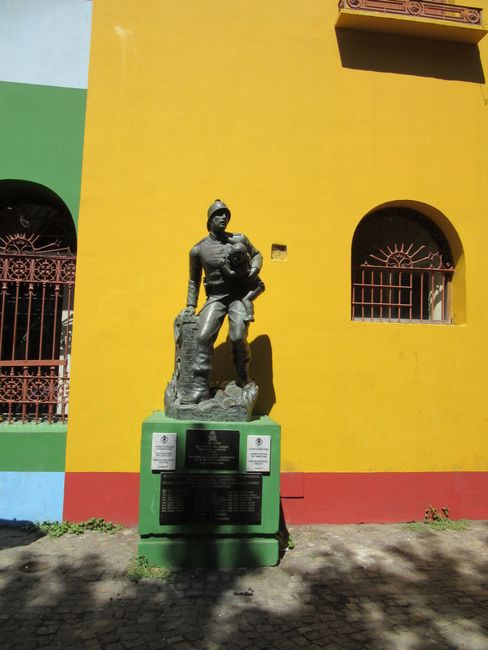
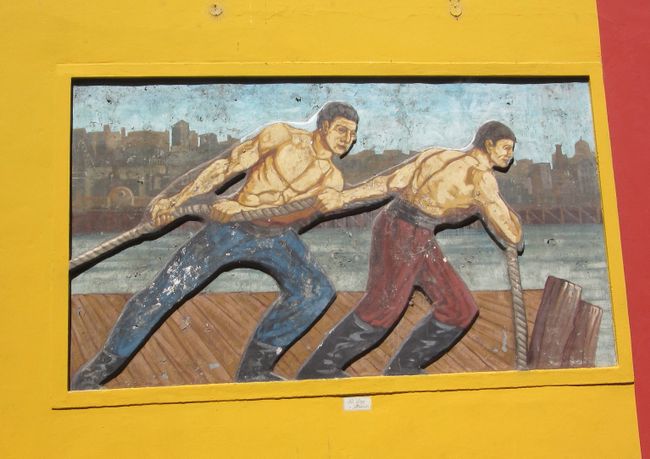
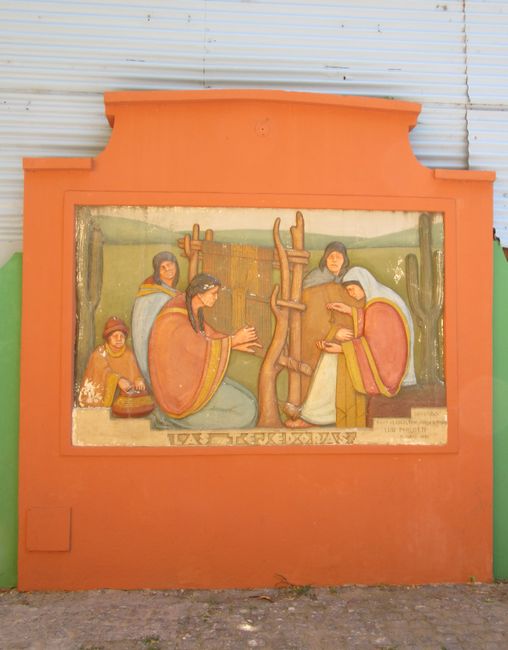
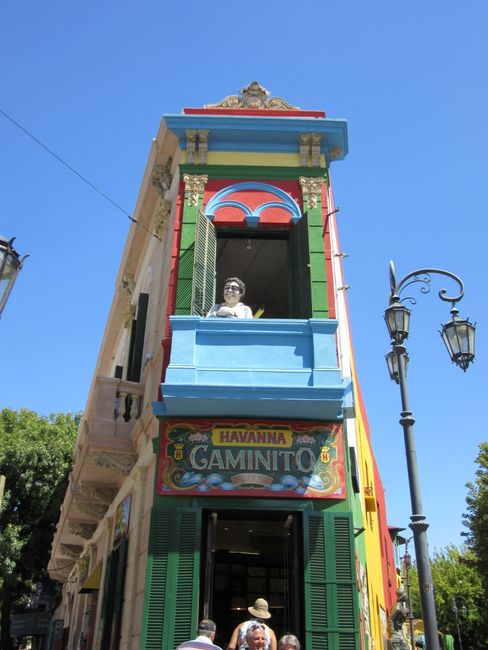
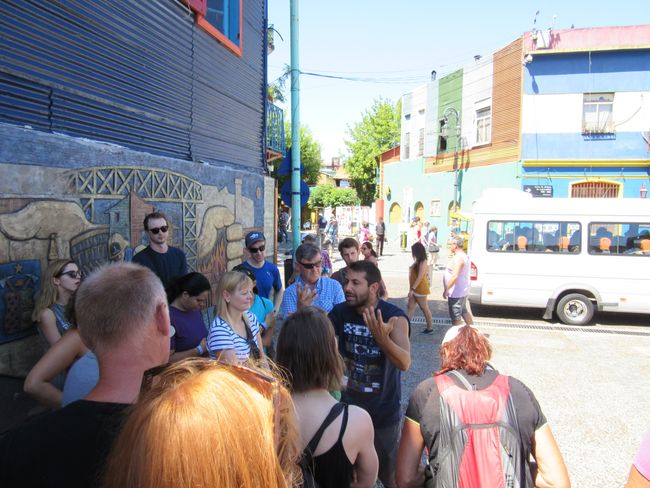
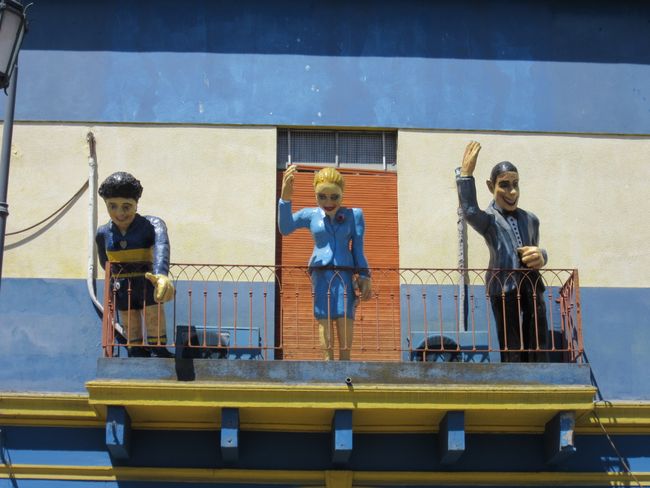
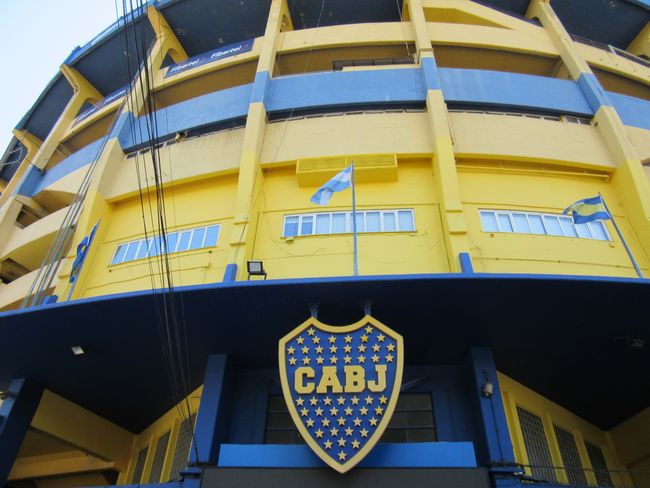
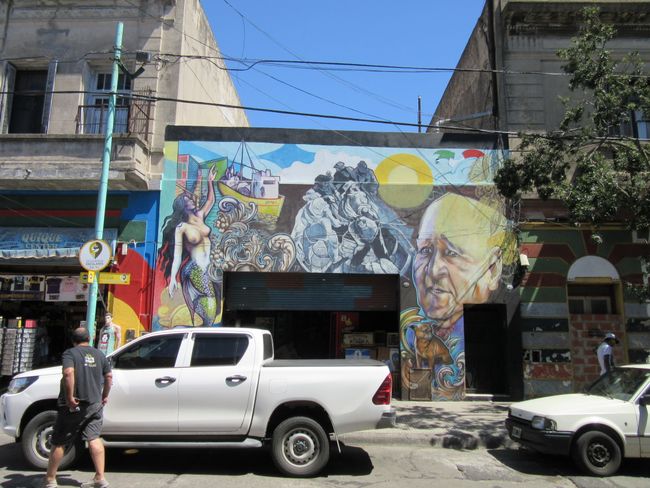
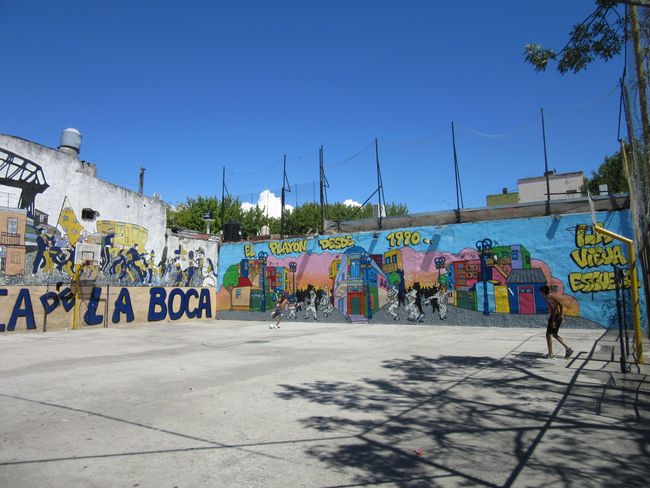
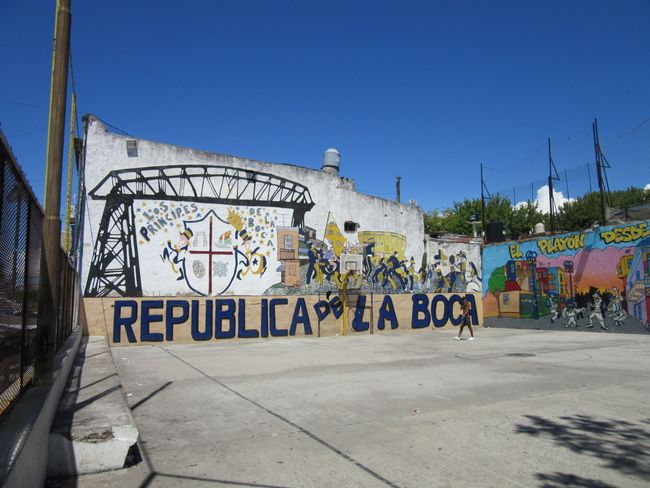
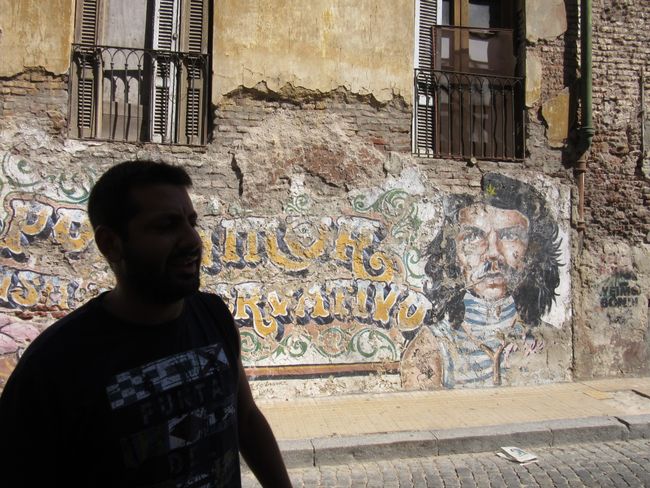
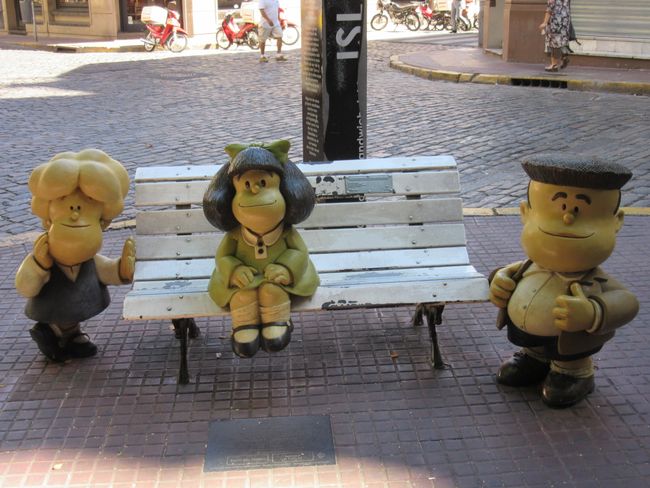
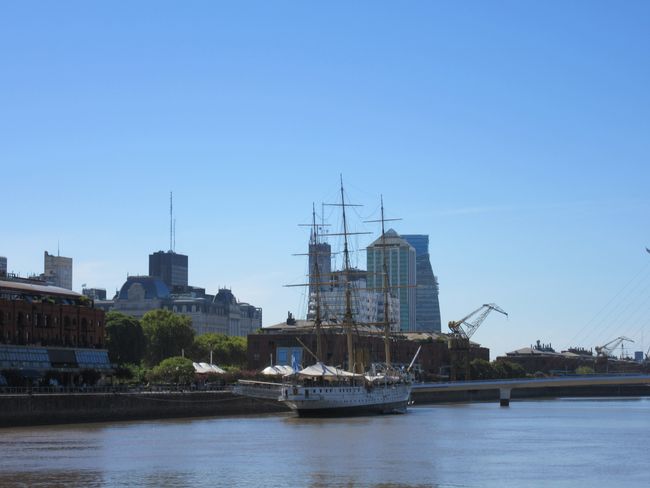
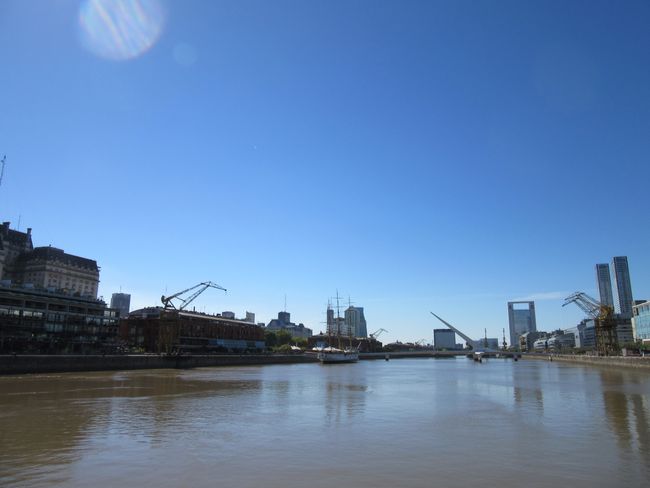
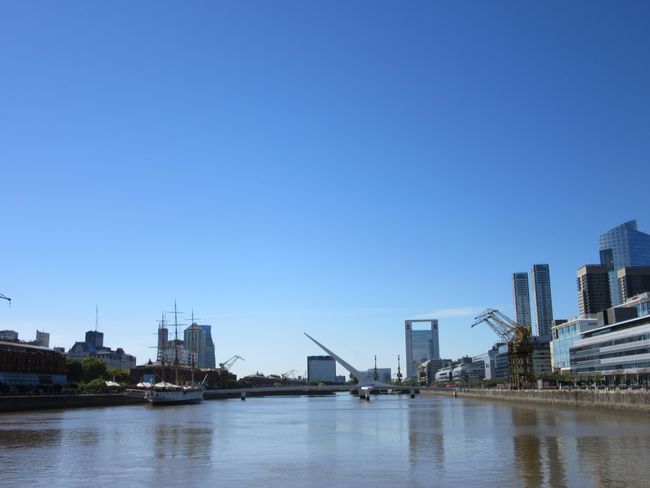
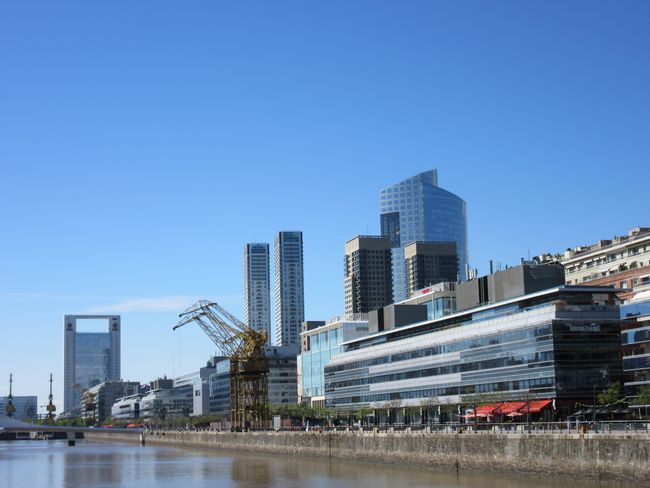
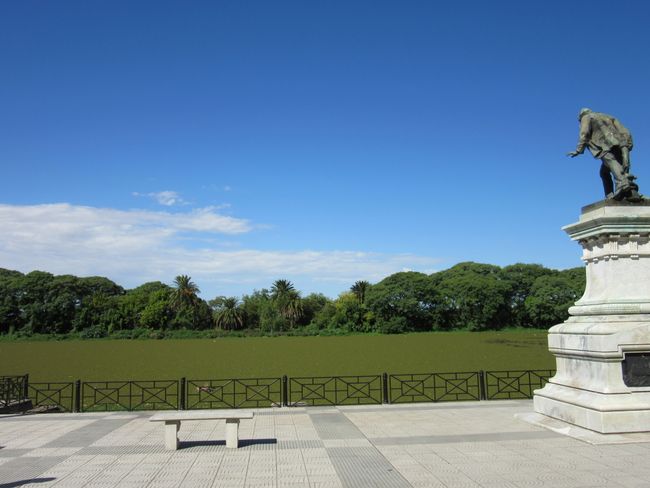
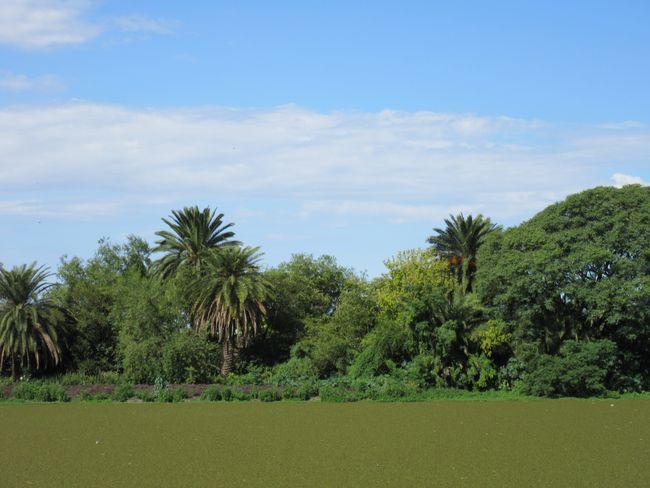
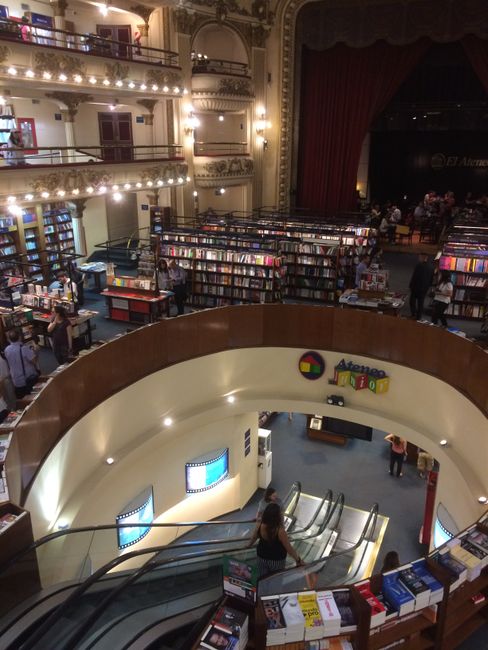
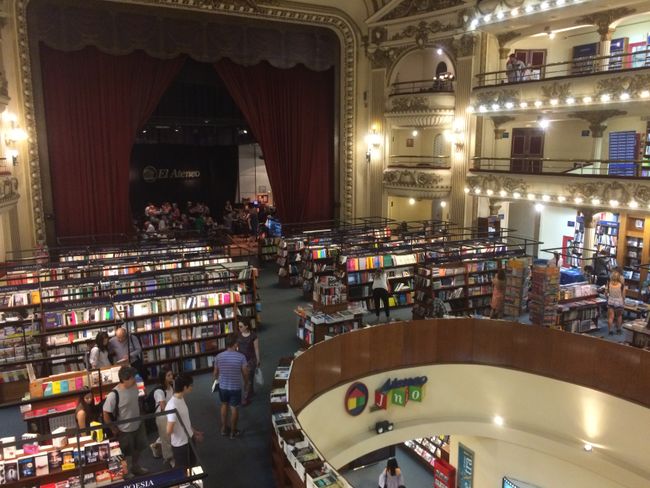
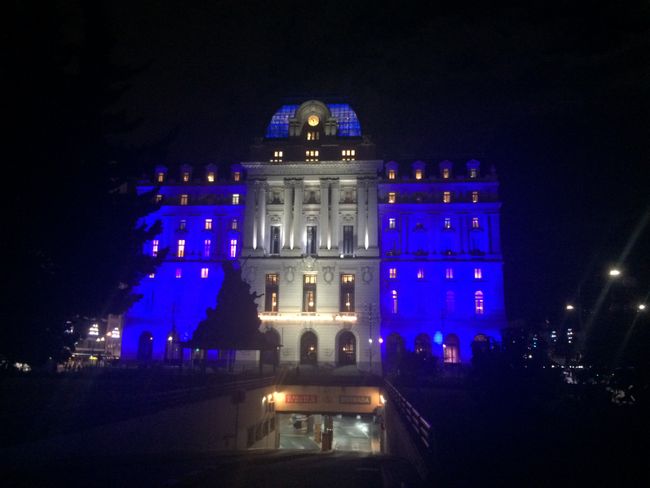
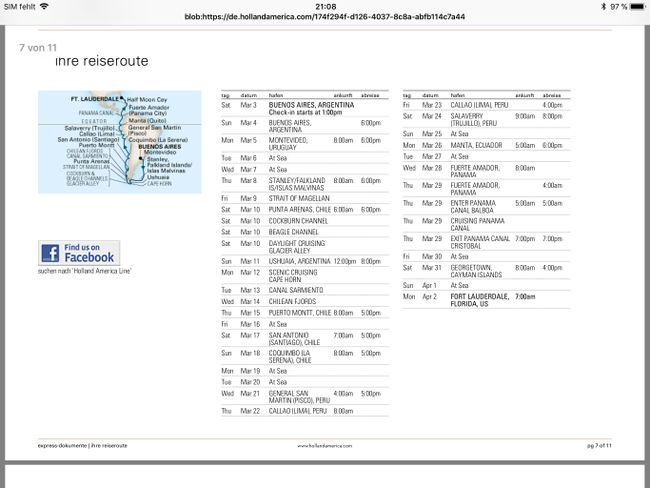
သတင်းလွှာကို စာရင်းသွင်းပါ။
The first part of our big trip - the tour through Chile and Argentina - is coming to an end. Two months have passed, we have been on the move a lot and have seen and experienced a lot. Tomorrow the second stage begins, namely the cruise. On Saturday around noon we will board and then travel around the continent for four weeks. We are very much looking forward to it, especially because we don't have to move constantly for a while. However, during this time we will also have less opportunity to use the internet. Therefore, we will probably not be able to write so often. Let's see.....
Before that, of course, we took a closer look at Buenos Aires. Yesterday we visited the Eva Perón Museum. A small but fine museum for Argentina's First Lady between 1944 and 1952. The focus is on her tasteful and stylish outfits and the achievements of her social foundation. There is no critical examination of her and her "achievements" there, but that is probably not the right place for it. The visit was definitely worth it.
Afterwards, we took a guided tour of the Recoleta Cemetery. Without a guide, it is a cemetery with partly impressive mausoleums. With a guide, however, you learn much more about the country and its people, myth and truth - hate and love often lie just a few graves apart.. These were exciting hours with exciting stories.
Today we joined Nicolas again. This time he showed us the oldest neighborhoods of Buenos Aires, La Boca and San Telmo. La Boca is the old port and therefore the landing point for immigrants. Accordingly, the poorer population groups lived and still live there, similar to San Telmo, which used to be rich but was abandoned by the upper class after a yellow fever epidemic. And since Tango was the dance of the poor European immigrants, it is still present in these two neighborhoods today. The conclusion was a visit to the newest neighborhood, the new port Puerto Madero. Years ago, the river was "moved" several hundred meters, and on the landfill or construction rubble - for the 1976 World Cup, a highway was built from the airport to the city and the rubble was then placed on the outskirts of the city - a modern residential area with many high-rise buildings was built. Of course, only people with money can afford to live there. And on the outskirts, more or less by itself, an ecological reserve has also formed. It all seems strange and whether it is really beautiful, everyone has to judge for themselves, but it is actually green there.
သတင်းလွှာကို စာရင်းသွင်းပါ။
ဖြေ (1)
Susanne
Alles Gute für die Schiffsreise! Glatte See und immer eine Handbreit Wasser unter dem Kiel wünsche ich Euch!